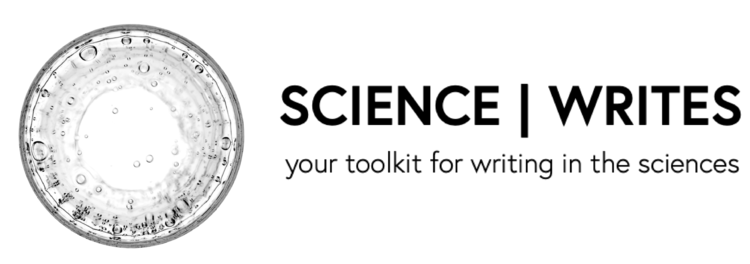There are different points in the writing process when you may need help. The resources on this page outline the types of help available as well as where to find the help.
These resources will also help you understand the expectations in your concentration as you navigate the transition from Expos.
RESEARCH & WRITING GUIDES
The Harvard Libraries has a set of research guides for concentrations and individual classes that you can consult. Click on the Faculty of Arts and Sciences Libraries to see a full list of these guides, or browse by subject categories like Biological Sciences, Chemistry and Chemical Biology, Engineering & Applied Sciences, Medicine, Dentistry, & Public Health, or Science (general).
The Harvard Writing Project partnered with Psychology and the Life Sciences concentrations to create discipline-specific writing guides.
Harvard Guide to Using Sources
This is a resource you should be familiar with from Expos. It provides an overview of how to use sources as well as specific examples of how to quote, paraphrase, and summarize. It also provides examples of a few common citation styles.
TOOLS FOR KEEPING TRACK OF SOURCES
Zotero is a software program that you can install on your computer to help you organize your sources. You can link it to your word processing program to help format your in-text citations and references section.
EndNote is another software program that you can install on your computer to help you organize your sources. It can also help you format your in-text citations and references section.
You can access a variety of supports through the Academic Resource Center, including one-on-one consultation and tutoring.
You can directly chat with a librarian to ask a question or make an appointment to meet with one of them in person.
You can contact the PRF for your house for help in navigating the libraries or for advice on how to get started with your writing project.
You can set up appointment with a peer tutor to help you at any step in the writing process.
GUIDELINES FOR COMMON CITATIONS
American Psychological Association (APA)
APA is a common style for paper format and citations. At the end of 2019, the 7th edition was released, which included a number of major changes to citation format, citation information for a broader range of media based sources, and information on bias-free language. You can find more information about how you use APA format under the “Style and Grammar” section of their website.
Style guidelines from Cell journal
Cell provides concise examples for their citation expectations. You can find the information under the “References” heading.
Council of Science Editors (CSE)
CSE is another common citation style that is similar to APA. The citation examples can be found under the “Original article” section of the website.
WRITING ADVICE FROM PROFESSIONAL JOURNALS & ORGANIZATIONS
Nature offers advice on how to write an academic journal article.
American Scientist offers advice on how to write for a general audience.
